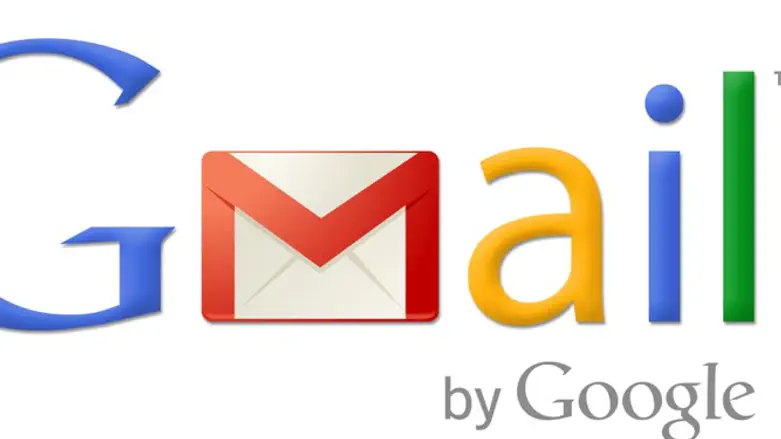
Is it the end of Google's 'big brother' policy?
The software giant announced that it will stop scanning users' private e-mail addresses, as it has done until now to tailor personalized advertisements to anyone on the Internet.
Google Cloud senior vice president Diane Greene said that Google's free Gmail email service will continue to offer personalized advertisements, but said that it would switch to the less-intrusive method used in its corporate G Suite Gmail, which it sells to businesses.
"Consumer Gmail content will not be used or scanned for any ads personalization after this change," Greene said.
"This decision brings Gmail ads in line with how we personalize ads for other Google products. Ads shown are based on users' settings. Users can change those settings at any time, including disabling ads personalization."
Privacy activists has expressed concern about the scanning of users' email content and contended that it constituted an invasion of privacy. The company had reached a settlement in a class action lawsuit over the reading of emails earlier this year, but a federal judge rejected the deal as inadequate.
US District Judge Lucy Koh ruled in March that the settlement reached in the lawsuit was difficult to understand and that it "does not clearly disclose the fact that Google intercepts, scans and analyses the contents of emails sent by non-Gmail users to Gmail users for the purposes of creating user profiles of the Gmail users to create targeted advertising."
Despite Google's assurances, some e-mail messages will still be under the control of the software giant, but this time it will be for security purposes only. Company personnel will act to prevent the hacking into e-mail programs and messages which are carried out in attempts to steal credit card or personal information. The company will soon launch the "Smart Reply" option, which offers possible answers to an e-mail message, based on responses to previous similar messages.
